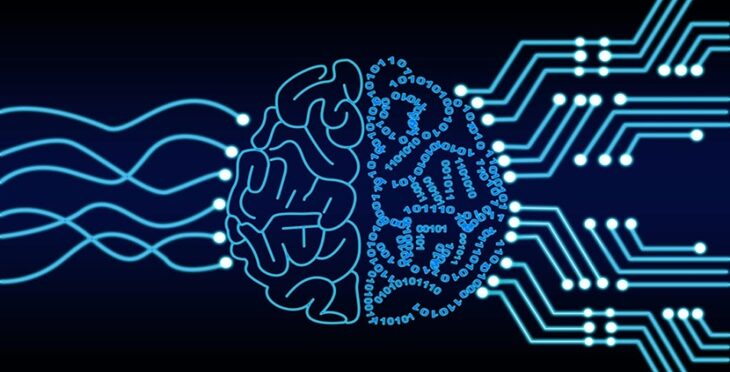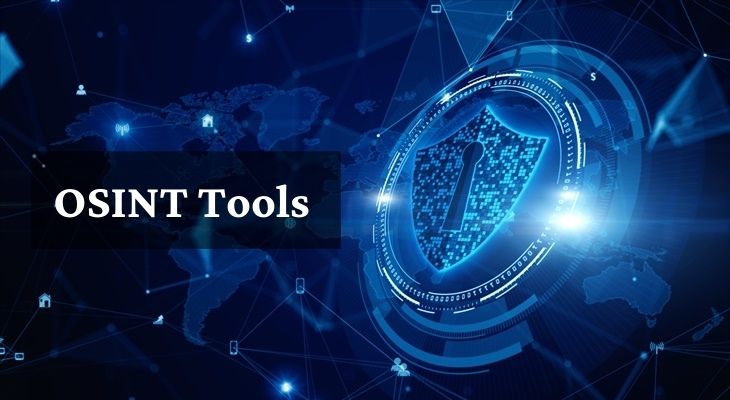Introduction:
Edge computing has driven a lot of traction with the focus on the Industrial Internet of Things (IIoT) ever so increasing. This has raised many questions related to user privacy, data security, data efficiency, and the time required to fetch and transmit that data. But with the introduction of Artificial Intelligence (AI) for Edge Computing will clear most of these queries satisfactorily.
What is Edge Computing?
A Computing paradigm where most computing or in some cases total computing is performed on smart devices or edge devices instead of the centralized cloud is known as Edge Computing.
Edge Computing is considered as the first stage of Intent of Things; It handles the responsibility of collecting the data.
Since the data collection takes place on the end-to-end devices; unlike the existing centralized cloud computing in data centres; the data privacy and the data security aspects have come to the forefront.
But the introduction of Artificial Intelligence for Edge computing a.k.a. Edge AI has cleared these clouts with conviction.
What is Edge AI?
Edge AI is the process in which algorithms created for sensors or signals to fetch the data. The calculation takes place on the local hardware device. This device comprises of microprocessor and sensors.
Since the process requires local hardware device; there is no specific need of connecting the device to the internet and Artificial Intelligence can take the decisions without the internet connection quite easily and also with high accuracy.
Benefits of Artificial Intelligence for Edge Computing
Edge Computing allows real-time operations for critical processes such as data creation, analysis, decision making, and taking appropriate action for the same. There is a significant need for real-time action for the critical processes such as these as even the tiniest of milliseconds do matter.
Edge Computing is also considered as an environment-friendly alternative to the existing centralized cloud computing which takes place in the data centres.
It also decreases the costs involving data transmission; and as a result less data transmission takes place.
Edge AI does the data analysis locally; hence the user data privacy and the data security isn’t vulnerable; and done in a secure environment.
Potential Scope of Edge AI:
According to McKinsey, the IoT data is used mostly for the detection and control of the abnormalities. But, there is much larger potential for the optimization and prediction. It still remains an untapped category. According to their analyses, this can be extracted and used with the help of AI enabled Edge Computing.
The industrial uses of Edge AI can be:
- Managing Energy Efficiency
- Customizing production modes to integrate smart manufacturing
- Predictive Maintenance
- Flexibility in the replacement of Devices
Conclusion:
Introduction of Artificial Intelligence in Edge Computing has opened many doors from industrial applications perspectives, and industrial Internet of things is generating traction; with the due course of time, Edge AI will significantly impact the industrial applications.
You May Also Like to Read:
Skilled Professionals vs. Artificial Intelligence. Who is better?





